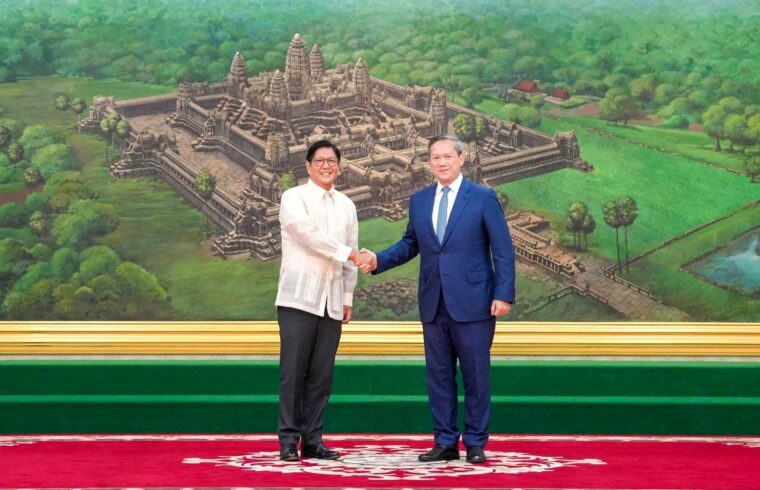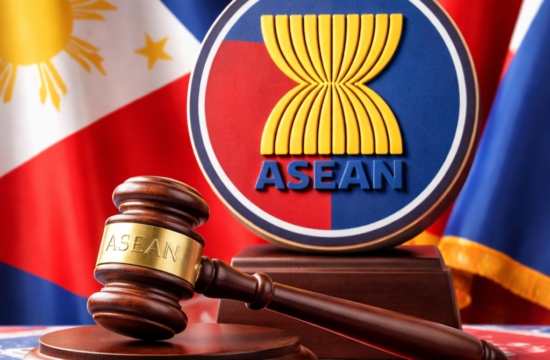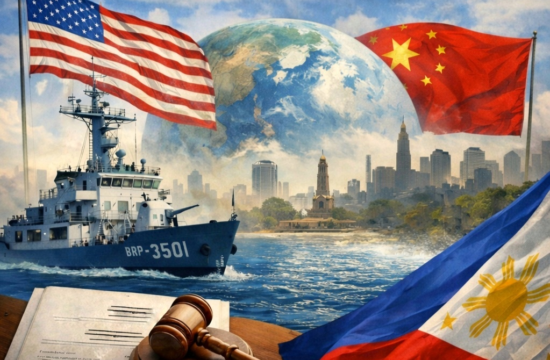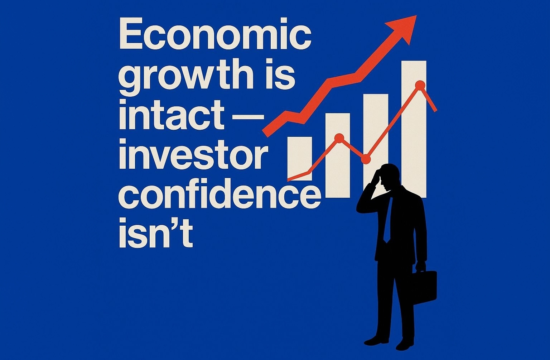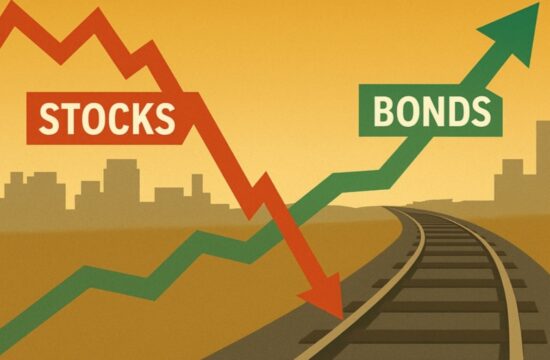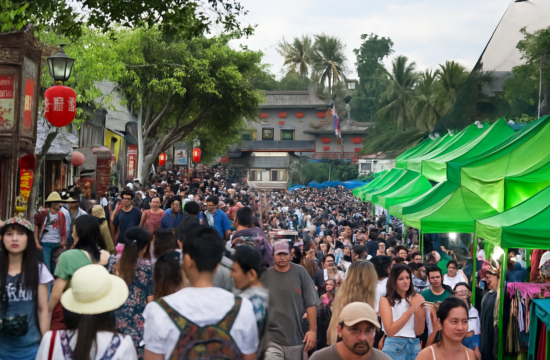President Ferdinand Marcos Jr.’s three-day state visit to Cambodia, the first by a Philippine leader in nearly a decade, is being cast as “highly important” by Manila’s diplomats.
But its real weight lies not in protocol or photo opportunities. The Philippines must prove it can protect its people from cross-border trafficking while also seizing trade opportunities long left on the table.
The urgency is undeniable. Just weeks ago, 24 Filipinos trafficked by online scam syndicates were repatriated after being lured through bogus Facebook job ads. Forced into romance scams, they were among thousands across the region trapped in an expanding criminal industry.
“Warning signs must be emphasized,” said Alexander Ramos, former head of the Cybercrime Investigation and Coordinating Center, underscoring the need for tighter border controls and last-minute travel advisories.
That backdrop explains why Marcos’s talks in Phnom Penh have leaned heavily on combating transnational crime and improving air and border security. His bilateral meeting on Monday with Prime Minister Hun Manet also touched on defense cooperation, with Marcos vowing before departure to work for “a peaceful, stable, and resilient ASEAN community.”
Yet economics may ultimately determine whether the visit leaves a legacy. Trade between the Philippines and Cambodia totaled just $110 million last year—a fraction of Manila’s commerce with other ASEAN states. Both sides know this figure is far too low given Cambodia’s growing role in manufacturing and the Philippines’ strengths in agribusiness, IT services, and logistics.
Agriculture looms largest. Cambodia produces staples such as rice, cassava, and rubber at low cost, while the Philippines can contribute technology and processing expertise to lift value across the supply chain. Investing in Cambodian facilities could help Manila hedge against food security risks at home.
Tourism and education are also underdeveloped. With only limited air connectivity and small visitor flows between the two countries, both governments are exploring ways to expand flights and create joint campaigns. For Manila, Cambodia’s outbound travel market—especially younger tourists—presents a chance to promote English-language study programs, ecotourism, and beach destinations.
Marcos himself pitched broader business opportunities at a CEO roundtable on Monday in Phnom Penh, touting prospects in consumer goods, healthcare, franchising, infrastructure, and logistics. His message: the two countries have barely scratched the surface of their economic potential.
Ceremonial stops at Cambodia’s Independence Monument and the monument of King-Father Norodom Sihanouk reflected the symbolism expected of a state visit. But what matters most is whether this trip translates into safer conditions for overseas Filipinos, stronger guardrails against trafficking, and real trade gains that finally push economic ties past token levels.
Marcos is positioning himself ahead of the Philippines’ ASEAN chairmanship in 2026 as a pragmatic coalition builder. But once the delegations fly home, the measure of success will be simple: Did this visit leave Filipinos safer and Philippine businesses better connected?
Anything less, and the “highly important” trip will be remembered as just another ceremony in Phnom Penh.

